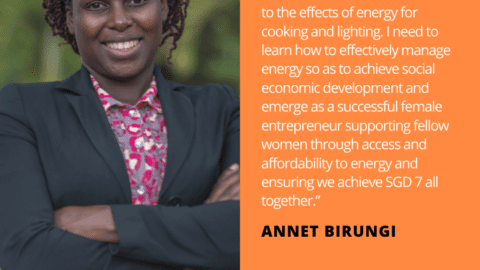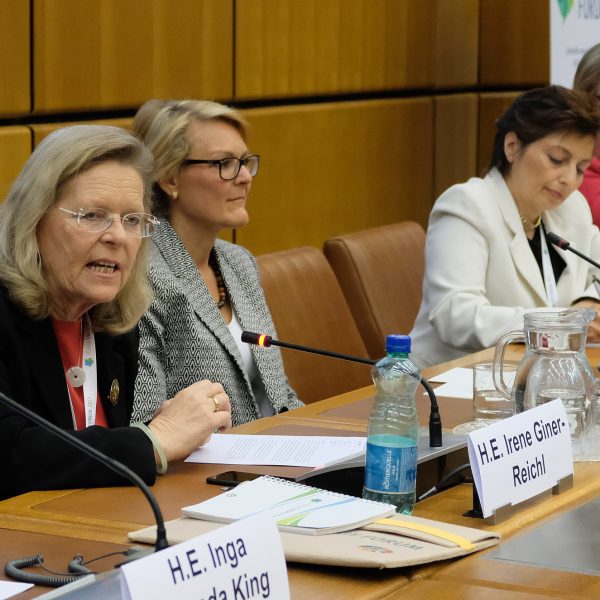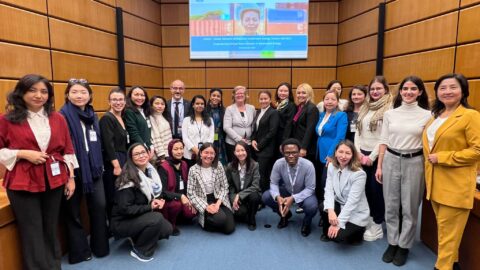Earlier this month, GWNET and Sustainable Energy for All (SEforALL) held their fourth knowledge-transfer webinar for participants of the People-Centred Accelerator Mentoring Programme, on the Energy Access Explorer Tool. We were delighted to welcome key speakers Benson Ireri (Africa Lead, Energy Access) and Dimitris Mentis (Senior Energy Geographer, Energy Access and Project Lead, Energy Access Explorer) from the World Resources Institute (WRI).
Benson leads strategy and projects to accelerate the deployment of clean energy in support of the sustainable development goals and Dimitris leads WRI’s Energy Access Mapping efforts to help accelerate energy access markets.
Reliable, affordable, and modern energy powers sustainable development, helping countries reduce poverty, catalyze economic growth and improve human well-being. Yet progress in universalizing access to electricity remains uneven, with gaps in accessible and accurate ground-level data hampering comprehensive energy planning in many developing countries. (source – WRI).
During this webinar, Benson and Dimitris discussed the critical role of data in closing the energy access gap and achieving SDG 7 – access to affordable, reliable, sustainable and modern energy for all.
To demonstrate the practical applications of data, they led participants through a deep dive of WRI’s interactive and open-source data platform – the Energy Access Explorer, which maps, analyses, and visualizes energy supply and demand data across Kenya, Tanzania, and Uganda.
Participants learned how they could use the online tool to customise their energy analysis by choosing from a range of filters/criteria to obtain granular data on energy access, demographics, productive uses, energy resource availability and access to finance to name a few areas.

Methodological Flowchart of the Energy Access Explorer
Key insights from the presentation and subsequent Q&A session included:
- Expanding energy access is critical to realising the other sustainable development goals.
- Energy data and planning is necessary for matching supply and demand, as well as effectively incorporating decentralised and cost effective renewable energy into a region’s energy mix.
- There is a great need for spatial energy planning which equally considers supply and demand.
- Data tools (like the Energy Access Explorer platform) can boost energy access for all by providing the information needed to strategically identify areas where energy markets can be developed and expanded.
If you are interested in knowing more about GWNET’s mentoring programmes, read more here.











